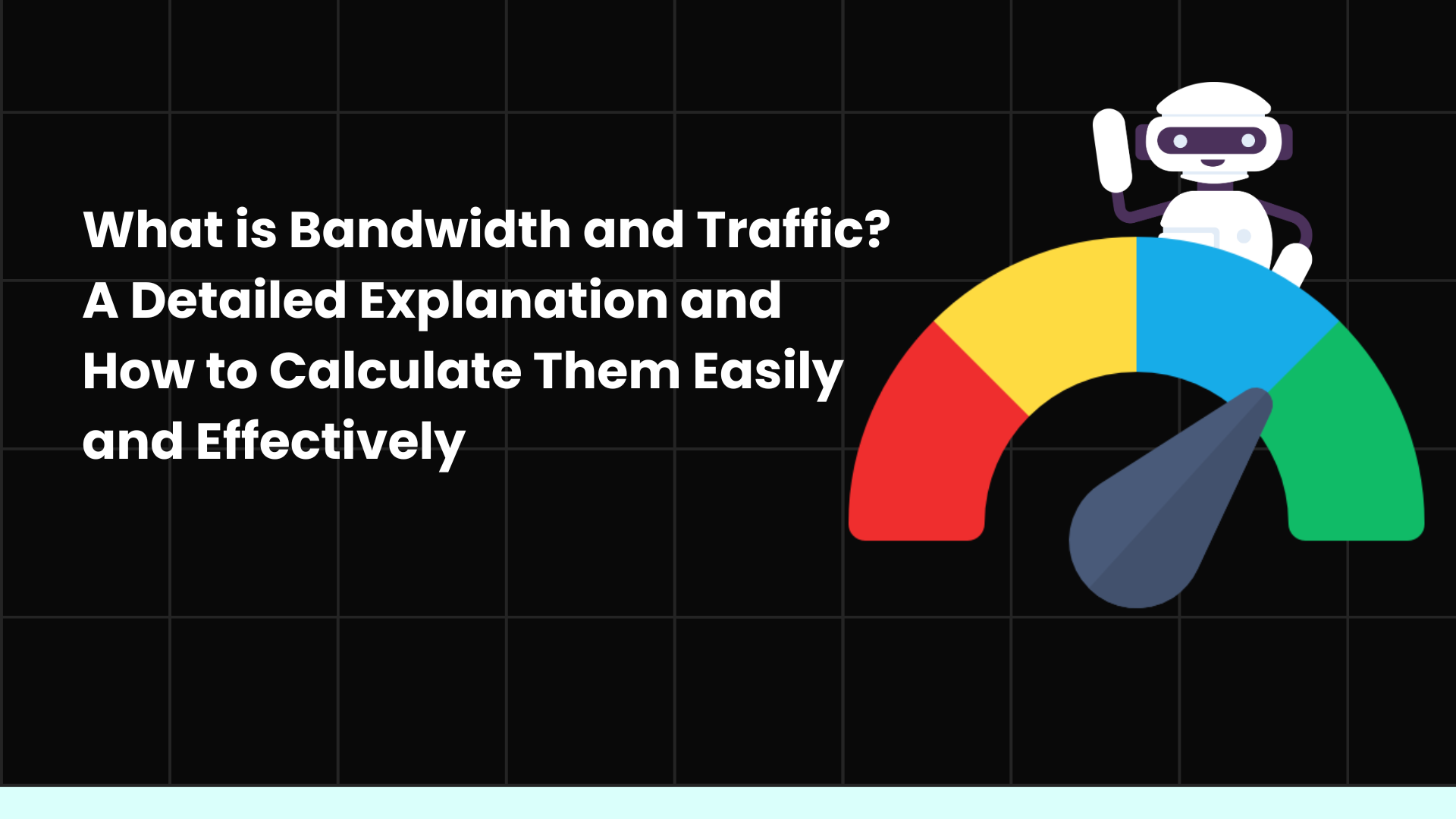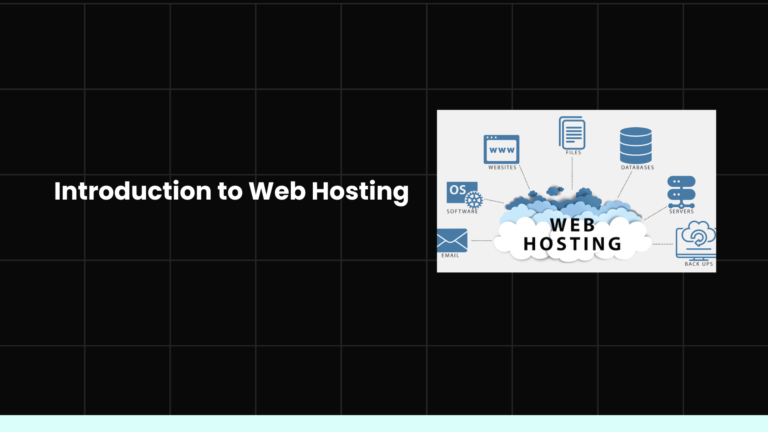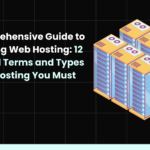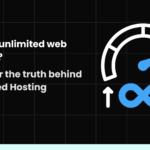What is Bandwidth?
Bandwidth, or “data transfer,” is one of the essential resources relied upon by hosting services, whether shared hosting or dedicated servers. Before selecting a hosting plan for your website, it’s crucial to estimate your site’s expected bandwidth usage. This helps you choose the most suitable plan and avoid exceeding the allowed limit.

Definition of Bandwidth:
Bandwidth refers to the amount of data that can be transferred from a website to its visitors within a specific time period, typically monthly. In simple terms, it is the server’s ability to send data over the internet. Bandwidth depends on internet connection speed; the higher the speed, the more data can be transferred.
What is Traffic?
Traffic refers to the number of visits a website receives. Traffic is directly related to the amount of bandwidth consumed, as each visit to the website requires transferring a certain amount of data. The more visits a site gets, the higher the bandwidth usage.
How to Calculate Bandwidth:
To calculate the expected bandwidth usage, you can use a simple formula:
Bandwidth = Number of Visits × Page Size
For example, if the page size consists of text, images, and videos totaling 2 MB, and the website receives 10,000 visits per month, the bandwidth consumption would be:
Bandwidth = 10,000 × 2 MB = 20,000 MB Which is equivalent to 20 GB per month.Maintaining Bandwidth:
Bandwidth is a limited resource, so it’s important to manage its usage carefully. If you exceed the allocated bandwidth, your website will likely stop working and show a “509 Bandwidth Limit Exceeded” error. This means that the website has exceeded the allowed bandwidth limit.
How to Avoid Exceeding Bandwidth Consumption?
- Optimize Images and Videos: Compress images and videos to reduce their size without significantly impacting quality.
- Reduce Excessive Add-ons: Minimize the use of scripts and add-ons that consume large amounts of data.
- Use a Content Delivery Network (CDN): A CDN can help reduce the pressure on local bandwidth by distributing content across multiple servers worldwide.
Bandwidth is a crucial factor to consider when choosing hosting for your website. Accurately determining bandwidth usage allows you to choose the right plan and avoid any issues caused by exceeding the allowed limits.
Reasons for Bandwidth Consumption:
Bandwidth is a limited resource, and there are several reasons that may lead to its significant consumption. Some of the most common reasons include:
Downloading Large Files:
When visitors download large files such as music or compressed files from your website, it consumes a noticeable amount of bandwidth as these large files are transferred from the server to the visitors.
Hosting Video Files on Your Website:
Large video files can consume a significant amount of bandwidth when viewed or downloaded.
High-Quality, Large Images:
If the images on your website are of high quality but large in size, downloading these images will lead to high bandwidth consumption.
Hotlinking (Using Your Files via Direct Links):
When other websites use images or files from your website directly through a hotlink, it consumes your bandwidth.
Technical Issues Like High Cron Jobs:
Problems in your site’s settings, such as excessive cron jobs or plugins that automatically build caches improperly, can cause high bandwidth consumption.
Distributed Denial of Service (DDoS) Attacks:
DDoS attacks that target your website can cause abnormal traffic spikes, excessively consuming bandwidth.
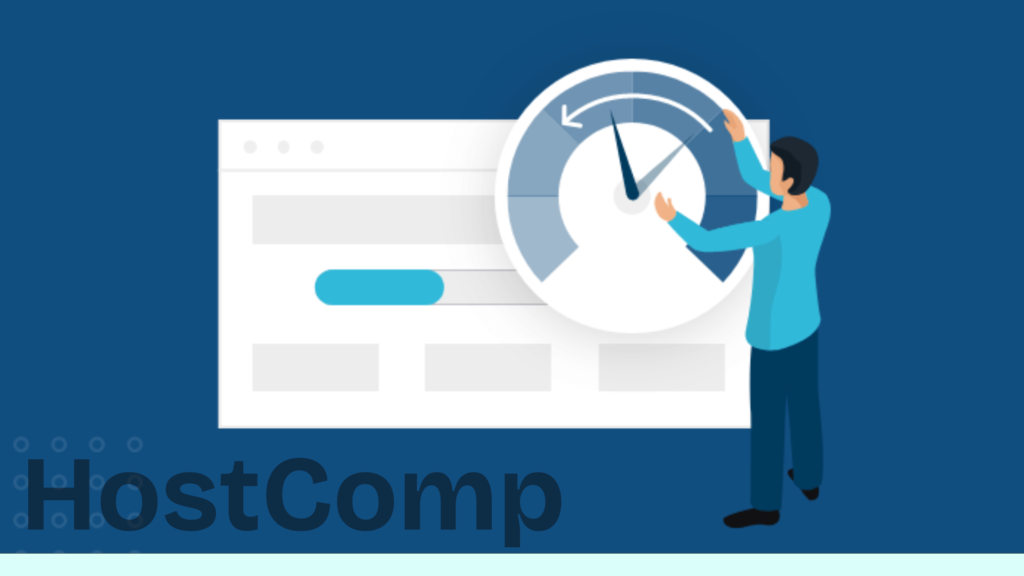
How to Save Bandwidth:
To protect and conserve your bandwidth usage, you can follow these steps to reduce consumption:
Upload Files to External Storage:
Instead of uploading large files directly to your website, you can upload them to external storage services like Google Drive or Dropbox and provide download links on your website.
Upload Videos to YouTube:
Instead of hosting videos directly on your website, you can upload them to platforms like YouTube or Vimeo and embed them on your site. This will significantly reduce bandwidth usage.
Use a Content Delivery Network (CDN):
Using CDN services such as free Cloudflare or paid StackPath can greatly reduce pressure on your local server’s bandwidth, as content is distributed across multiple servers.
Hotlink Protection:
By enabling hotlink protection, you can prevent other websites from using your site’s files (images, PDFs, etc.) directly through their links, saving bandwidth.
Set Up Local Caching:
When visitors access your site, you can configure local caching on their devices so they don’t need to download the same files every time they visit.
Protect Your Site from Attacks:
Using firewalls and other protection methods against cyberattacks (like DDoS) can help reduce pressure on your site and ensure the safety of your bandwidth.
Ensure There Are No Code Errors:
Make sure your site doesn’t have coding errors that lead to unnecessary data being loaded excessively.
Compress Files to Reduce Their Size:
Compressing files (images, CSS, JavaScript) can help reduce their size, thus lowering bandwidth usage.
By following these tips and strategies, you can better control your website’s bandwidth consumption, avoiding issues related to exceeding the allowed limits. Proper bandwidth management will help improve your site’s overall performance.

Unlimited Bandwidth:
You may have an important question: Is there truly unlimited bandwidth?
As mentioned in our previous article about the reality of hosting services that claim to offer unlimited resources, it is important to clarify that all hosting resources, including bandwidth, are ultimately limited. However, some hosting companies offer what is known as “unlimited bandwidth” in certain plans.
Is Unlimited Bandwidth Real?
When you come across an offer claiming “unlimited bandwidth,” it means that the company doesn’t impose strict limits on bandwidth usage within the typical parameters of website usage. But in reality, you might encounter hidden limitations if you exceed normal or reasonable use. In most cases, these types of offers are designed to attract customers, as excessive bandwidth consumption can lead to slower website performance or even restrictions on the account.
Top Hosting Companies Offering Unlimited Bandwidth:
Here is a list of the best hosting companies that offer unlimited bandwidth with shared hosting, so you can be confident about your site’s bandwidth consumption:
- Bluehost: Offers unlimited bandwidth with many hosting plans.
- Hostinger
- HostGator
- A2 Hosting
- InMotion Hosting
- HostMonster
- DreamHos
- GreenGeeks
- Namecheap
While hosting companies may offer unlimited bandwidth, it’s important to understand that this does not mean you can use bandwidth completely without limits. Rather, it refers to usage within the scope of typical and fair use. Always ensure that the hosting plan you choose fits your website’s needs.
